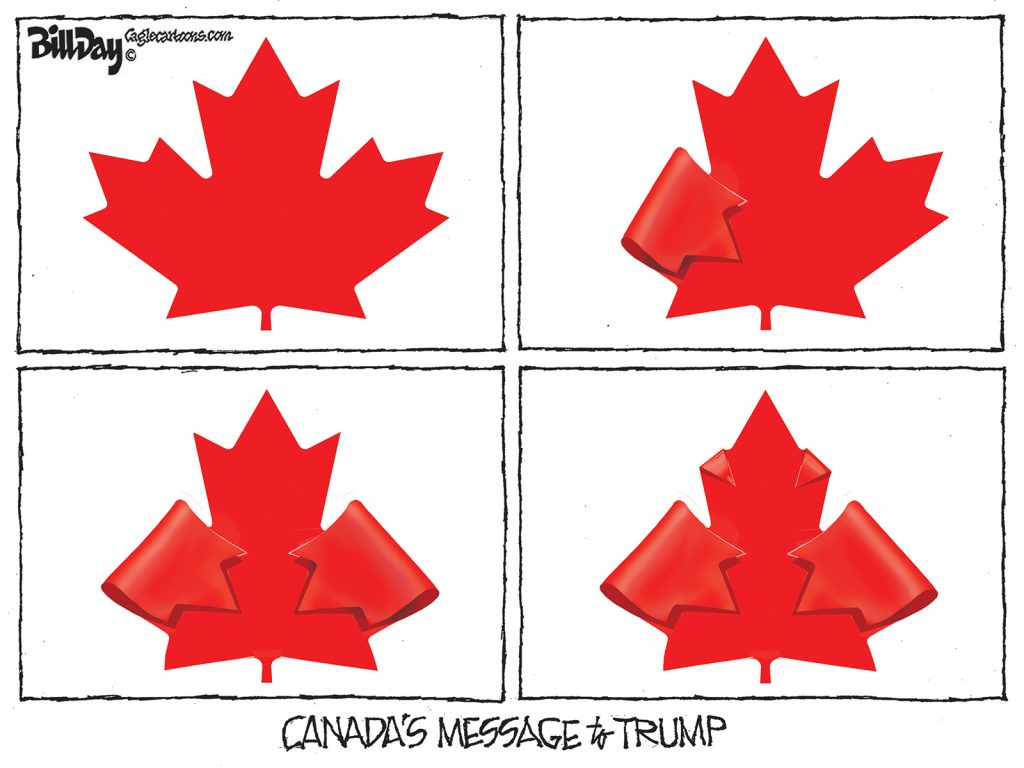To follow up yesterday’s post, we wanted to put the issue of possible politicized indictments into context.
Two professors – Dr. Donald C. Shields of University of Missouri in St. Louis and Professor John F. Cragan of Illinois State University – have been engaged in an ongoing study of investigations by the U.S. Department of Justice during the Bush presidency as they wrap up a book planned for next year.
In their review of more than 800 investigations and indictments between January, 2001, and September, 2007, they concluded that U.S. Attorneys across the country have investigated Democrats four and a half times more than Republicans. In fact, they conclude that it’s a number that exceeds even the racial profiling of African-Americans at traffic stops.
They concluded that 77% of investigations/indictments have been for Democrats, 17% for Republicans and 6% for independents. As a frame of reference, the percentages of party affiliation are 50% Democratic, 41% Republican and 9% independent. In the words of the professors, “the current Bush Republican Administration appears to be the first to have engaged in political profiling.” (It’s worth noting that local grand juries have shown no political imbalance.)
The results of this disparity in investigations produce a number of obvious results, according to Dr. Shields and Professor Cragan:
• Democratic elected officials are made to look like they are more corrupt, just as racial profiling by law enforcement agencies skews perceptions.
• Investigations result in the political party being attacked “as the grassroots essence of its personality.”
• Investigations discredit people as viable leaders or spokespersons
• Officials’ ability to raise money for re-election and eliminates their ability to raise money for other candidates.
• Keeping the profiling at the local level keeps it below the national radar of the media, who are less likely to connect dots that stretch from Atlanta, Philadelphia, Chicago and Las Vegas, and as a result, they appear to be isolated incidents rather than a broader pattern by the Bush Administration.
As a result of their study, the authors advocate laws to create a national registry of federal investigations of both candidates and elected officials by the Justice Department and U.S. Attorneys’ offices across the U.S. The registry would list names, party affiliation and outcomes of the investigations. In the event of acquittals, they believe that the government should pay legal expenses to prevent the kind of investigations that took place in Baltimore.
The “longitudinal study” was begun by the professors to “explain the confluence of unique aspects of the religious-conservative and neo-conservation rhetorical vision, which were held by then-Attorney General John Ashcroft” and which influences his direction of the 93 U.S. Attorneys that reported to him.
“Ashcroft and Gonzales elevated many non-corruption transgressions to federal crimes by usurping cases like campaign ethics issues that traditionally would have been handled as state cases,” the authors wrote. “With the new anti-corruption rhetorical vision, the investigation and prosecution of actual crimes was replaced by ferreting out of potential new crimes.”
As we said yesterday, if the lame duck U.S. Attorney’s Office is inclined to take action against Memphis Mayor Willie W. Herenton, there’s little question that it would be put into the political lens through which we now view much of the Department of Justice’s decisions. That’s why the investigative file about the mayor should be put in the inbox on the desk of the next federal prosecutor.

